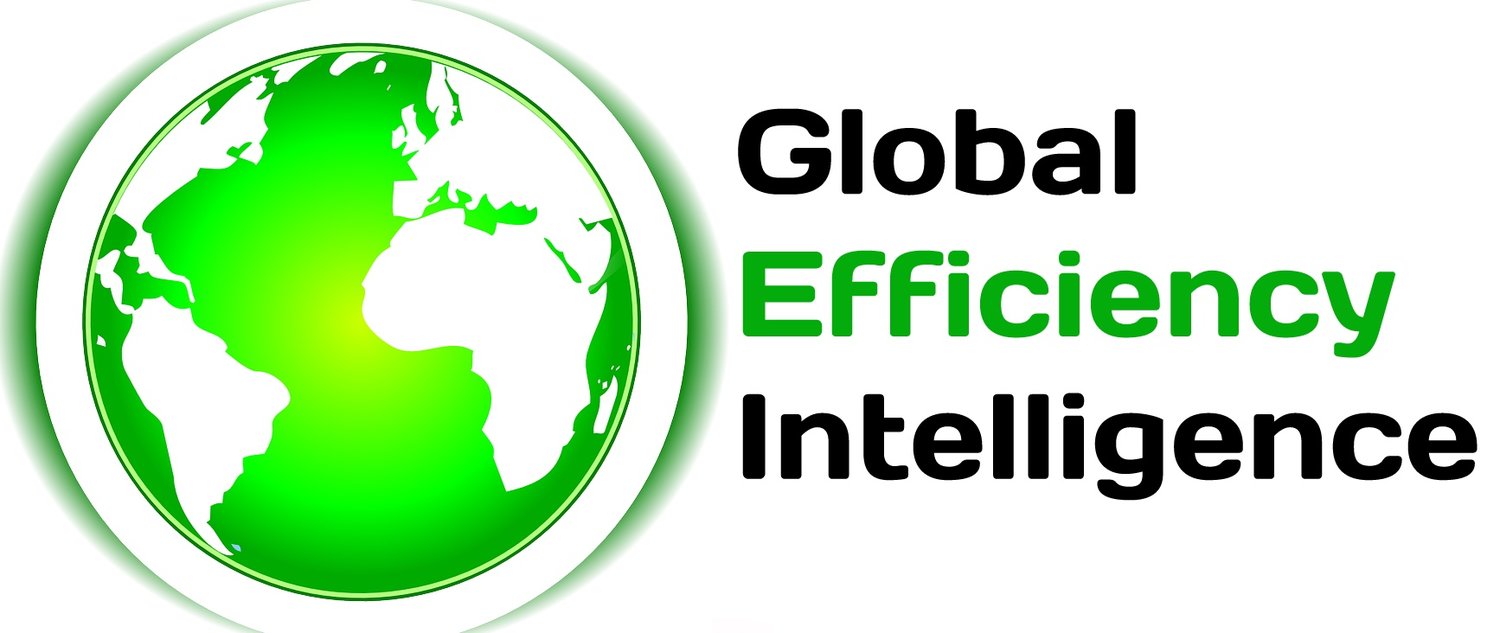The Embodied Carbon in Traded Products
Globalization has resulted in substantial increase in global trade of goods and services across countries around the world. Often, goods are produced in developing countries where labor cost is lower, and developed countries are often net importers.
The UNFCCC’s greenhouse gas (GHG) accounting system works on the basis of national production rather than consumption of emissions. This means that when goods are traded, their embodied emissions (e.g. emissions associated with manufacture) are also traded. However, these imported emissions are not counted towards a country’s reported climate impacts. It is estimated that around 22% of global CO2 emissions comprise goods and services which have been internationally traded. Better understanding and providing solutions to address the embodied carbon of traded goods will be critical in global and national efforts to decarbonize industry. In addition, large and multinational companies are paying more attention to the energy and carbon footprint of their supply chain. Also, with higher consumer awareness, end users of products are also paying increasing attention to energy and carbon footprint of the goods they use.
Global Efficiency Intelligence, LLC. has partnered with the ClimateWorks Foundation and KGM & Associate Ltd. to use the most recent available data and a cutting-edge model to conduct a global assessment of the extent of the embodied carbon in globally traded goods, so-called carbon loophole. In addition, we will conduct a series of higher-resolution, deeper dive case studies into a few key sectors and geographies of most importance. The report of this study is expected to be published in the Spring of 2018.
Interested in embodied carbon in trade? Check out our Carbon Voyage tool. https://www.carbonvoyagetool.com
The Carbon Voyage tool provides essential data on the state of embodied carbon in international trade and global carbon emissions. The tool provides a macro-analysis of embodied carbon in trade in certain countries/regions and for 24 key carbon-intensive products.

